Grandpa could take nice shots like that, too...
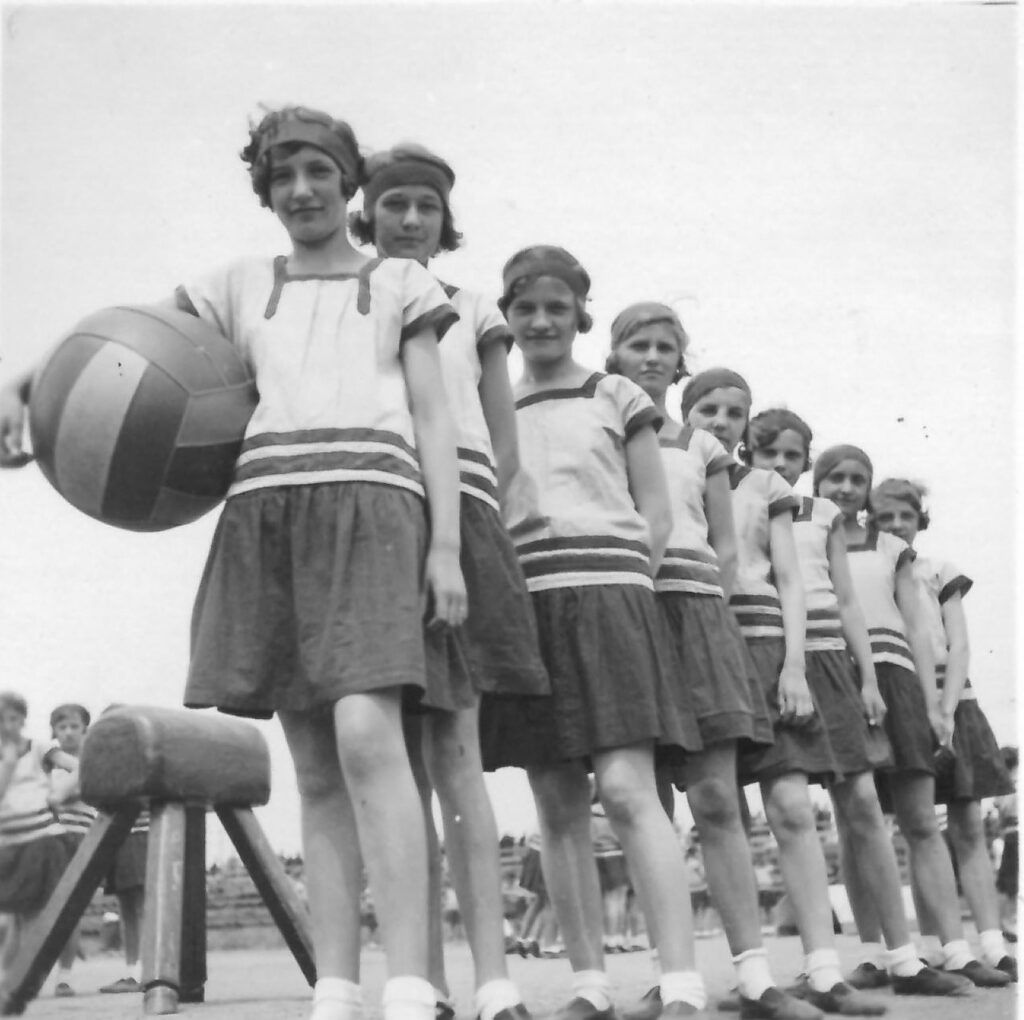
Grandpa could take nice shots like this too... Thursday, February 27 at 6 p.m. Accept our invitation to a debate evening in the current exhibition Eyes Open, Hands Ready. The Worlds of Arnošt Beneš (1900 Třebíč-1943 Auschwitz), which recalls the Třebíč native's many talents, the wider fate of the Beneš family and the Jewish history of Třebíč. During the preparation of the exhibition, many photographs remained unpublished, a few objects were not displayed and many stories were left untold. Therefore, we have prepared a debate with Arnošt Beneš's grandsons Jiří and Petr Urban, which will be led by historian Táňa Klementová. Admission is voluntary.
New news from the Holy Land
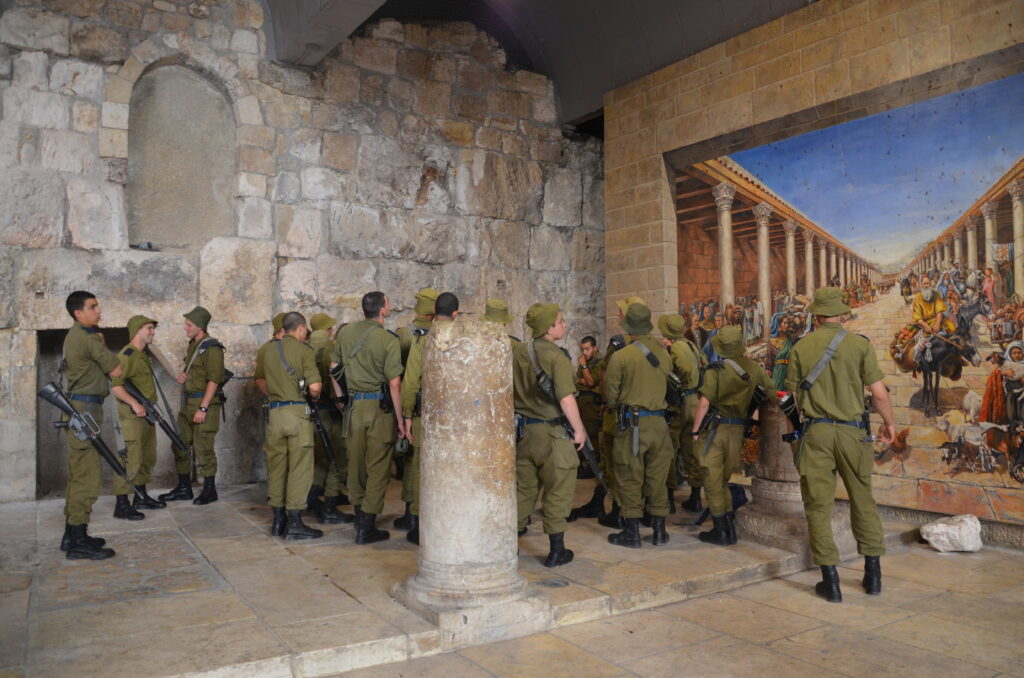
New news from the Holy Land Wednesday, February 19 at 6 pm Martin C. Putna What is Jerusalem and Tel Aviv like now, during the war? More precisely, what was it like at Christmas and Hanukkah 2024? Which way -do the battle lines within Israeli society lead? What is the future of Christian communities? And what are the Suffganiyot stuffing themselves with? A fresh report by Martin C. Putna, literary historian, professor at the Faculty of Humanities, Charles University. Admission is voluntary.
Before world fame. Obituaries for Franz Kafka and the building of literary immortality
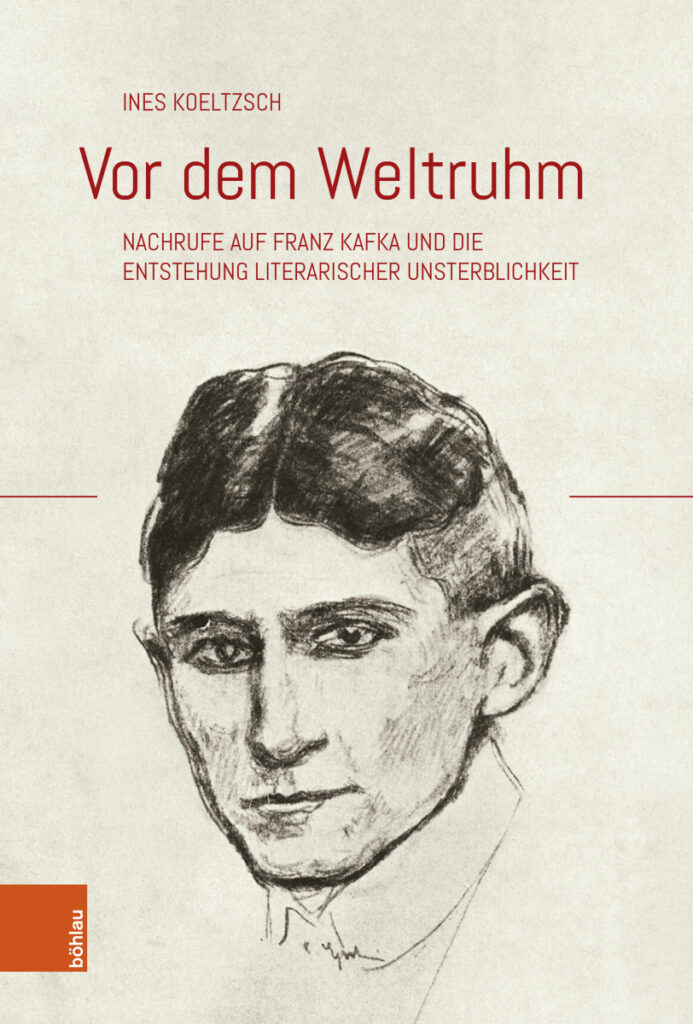
Before world fame. Obituaries for Franz Kafka and the building of literary immortality Tuesday, February 11 at 6 pm Ines Koeltzsch Franz Kafka has undoubtedly become an icon of world literature since the 1940s. However, this fame did not come overnight. Already after his death in June 1924, he was increasingly written and talked about in Central Europe. In her lecture on her new book "Vor dem Weltruhm" (Böhlau, Vienna/Cologne 2024), Ines Koeltzsch shows how, through texts, images and the spoken word, authors known and unknown remembered Franz Kafka immediately after his death. She places special emphasis on the creation of a Jewish memorial community, to which the painter and Brno native Clara Epstein, among others, contributed. Admission is voluntary
Letter to Alexander
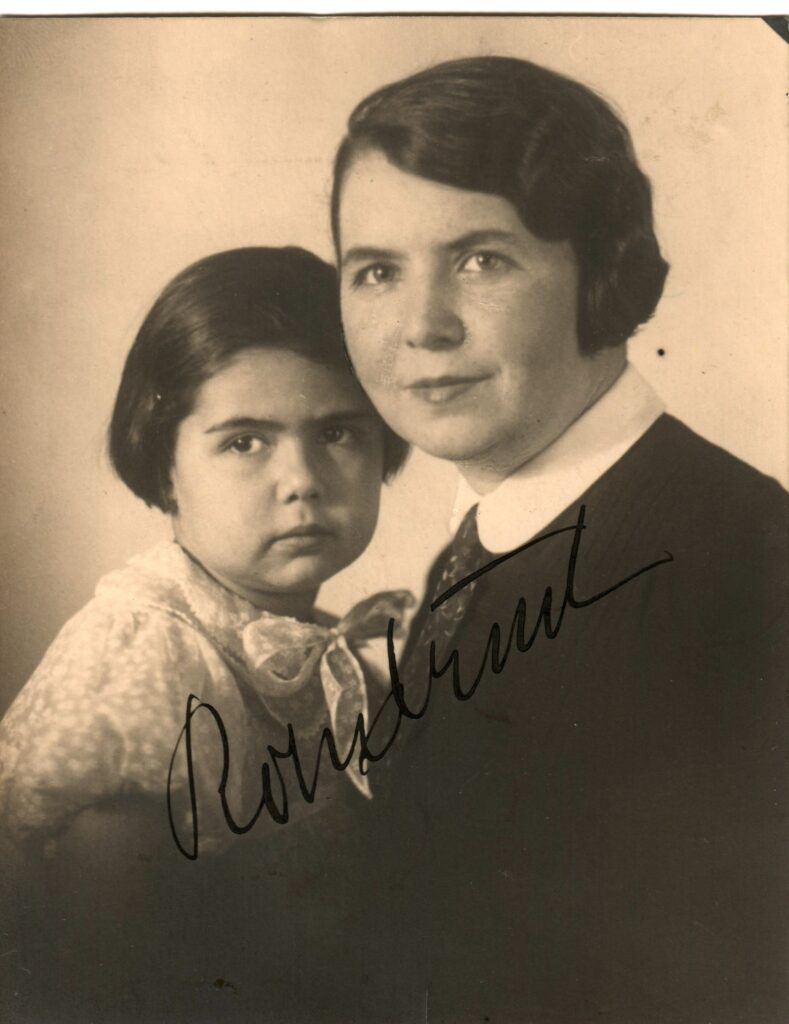
Letter to Alexander 30 January at 6 p.m. An evening dedicated to Renata Laxová, a doctor, scientist and university lecturer in the field of child genetics, who is this year awarded the Brno City Prize in memoriam in the field of "merit for freedom and democracy". Renata Laxová came from a Jewish family from Brno. She was one of the so-called Winton children. After seven years in England, she returned to Czechoslovakia to live with her parents, who also survived the Holocaust. After studying medicine, she specialized in pediatrics and medical genetics. She emigrated in 1968 with her vet husband and two daughters. They lived in England for several years, then left for the United States in 1975. She lived in Madison, Wisconsin, where the local university became her home, almost until her death. Throughout her life, she felt a moral obligation to speak about the Holocaust to younger generations, and she lectured on the subject in American high schools and colleges. She retold her life story in her book Letter to Alexander, which she wrote for her grandson in 2001. The discussion with Anita Laxová, the daughter of Renata Laxová, who is coming to Brno to receive the award, will feature excerpts from the memoir and interviews with her mother.
Jewish surnames as a trace of their life and culture
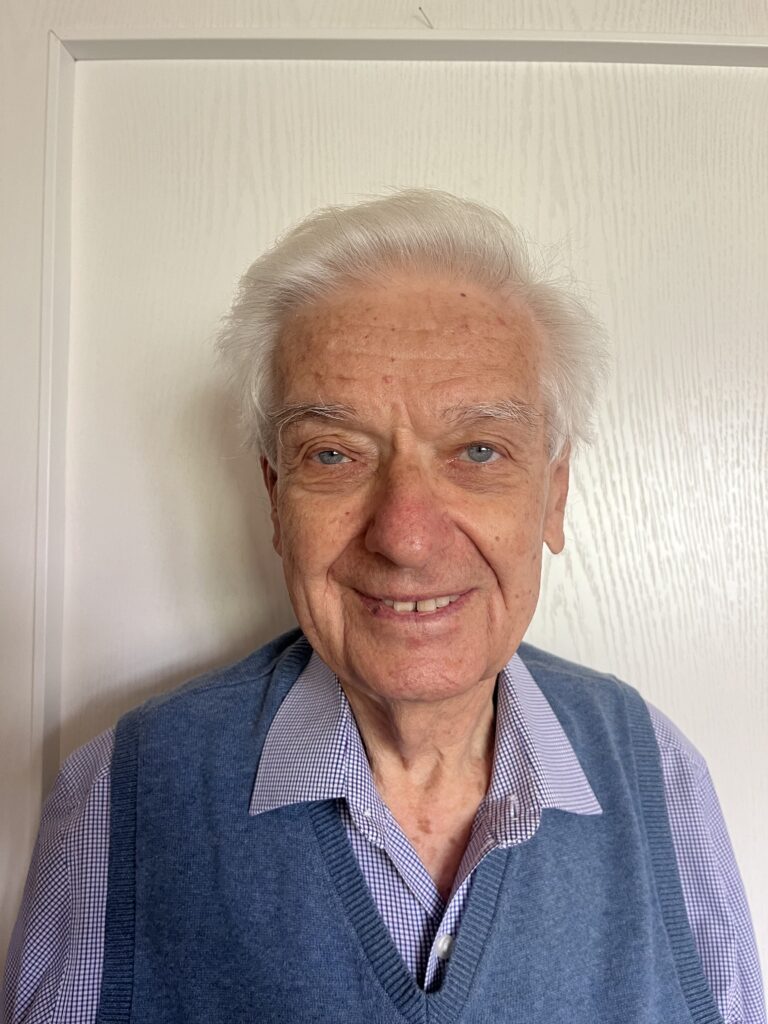
Surnames of the Jews as a trace of their life and culture Monday, January 20 at 6 pm What is a surname, why do we have them, where did they come from, what do they reveal...Professor Emeritus of Masaryk University Prof. Rudolf Šrámek will present a synthesis of his research on the Brno Jewish cemetery in his lecture. Starting with a general introduction about the origin of surnames, the lecturer will take the audience to the specificity of surnames among Jews and learn about the peculiarities of these surnames, which are actually a trace of their lives and culture. Prof. Šrámek, also known from his long research career at the Academy of Sciences of the Czech Republic, is a prominent linguist, a leading representative of onomastics - the science of studying proper names, including their origin, development, nature and functions. This discipline covers not only personal names, but also names of places, animals and plants. Substitute date for the missed lecture 11/11/2024. Admission is voluntary.
Eyes open, hands ready. Worlds of Arnošt Beneš (1900 Třebíč-1943 Auschwitz) - vernissage

Eyes open, hands ready. The Worlds of Arnošt Beneš (1900 Třebíč-1943 Auschwitz) Friday 3 January at 6 p.m. The exhibition based on the story of Třebíč native Arnošt Beneš will remind us not only of the existence of one of the fundamental Moravian Jewish communities, but above all of the personality of a man gifted with many talents - Arnošt Beneš was a photographer, painter, filmmaker, woodcarver, carver, collector, accountant and sales representative of the Grünberger company. The visually conceived exhibition will present the Beneš family in the context of Třebíč history. There will be never published artistic photographs and paintings by Arnošt Beneš, excerpts from his silent films from the late 1930s with unique commentary by his grandchildren, accompanied by personal objects and documents from the family archive. Admission is voluntary.
White Places of Jewish Moravia and Vienna

The White Places of Jewish Moravia and Vienna "Moravia was for centuries a refuge for Jews from neighbouring countries, and these newcomers contributed in many ways to the culture, society and religious life of Moravian Jews. From the middle of the 18th century onwards, Moravia tended to produce Jewish immigrants itself, first because of repressive restrictions on housing, employment and marriage, and then, paradoxically, because of the freedoms brought by emancipation, first in 1848 and finally in 1867. As a result, Moravian Jews dispersed throughout Europe and contributed to many religious, political, scientific, musical and ideological movements of the 19th and 20th centuries." These were the words with which Michael L. Miller opened his lecture "Moravian Jews: a European Perspective" at last year's conference. Let's reflect together on the overlap of Moravian Jewry into Vienna and vice versa on the role of Vienna and Lower Austria in the life of Moravian Jewish communities.As a keynote speaker, our invitation was accepted by Prof. Dr Christfried Tögel -editor of several editions of Sigmund Freud's letters and author of 10 books on research and Freud's biography, editor of the complete edition of Sigmund Freud's works in 23 volumes Sigmund Freud - Hauptseite. Please send your proposals for papers on the white spaces in the relationship between Jewish Moravia and Lower Austria across time that you have been able to cover through research or that you suspect are still waiting to be explored, up to 150 words in length, to muzeum@malymehrin.cz by 31 January 2025.We will finalize the conference program during February.
From the depositories of the Terezín Memorial...
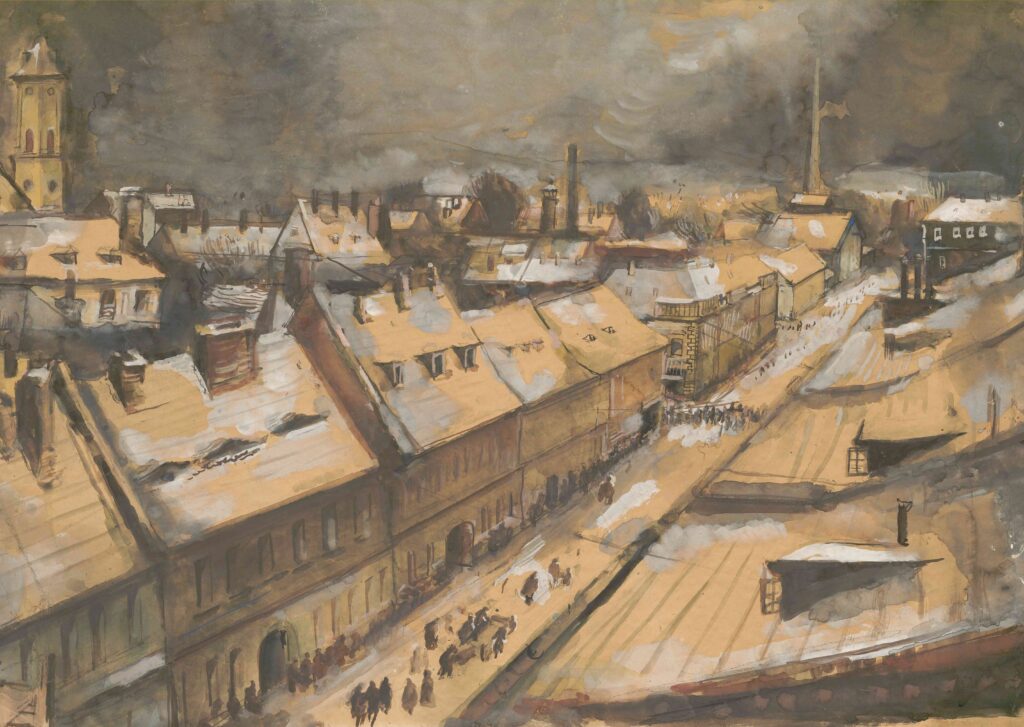
From the depositories of the Terezín Memorial... Wednesday, December 11 at 6 p.m. Our invitation has been accepted by Tomáš Raichl, custodian of the Terezín Memorial depositories.His lecture will cover the art created in the ghetto, including art created for the official Terezín SS Commandery. He will present expressive works depicting real life and suffering in this place, documentary and souvenir artworks by professional artists and amateurs, portraits and artworks and decorative objects designed and created in the local workshops. It will introduce the most important painters of the ghetto, highlighting the work and life of the Brno painter Otto Ungar and the connection of František Kien to South Moravia, specifically to Bzenec. He will not forget the so-called Terezín painters' affair, i.e. the exposure of artists depicting real life in the ghetto by the SS command and their arrest for "propaganda of horror" and other fates. The lecture will be given in an exhibition of drawings by Gisela Rottonar, a woman who was taken to Terezín in 1942 and succumbed to the effects of typhus during her seven months there. Admission is voluntary.
Franz Kafka as a traveller and sportsman

Franz Kafka as a traveller and sportsman Tuesday 3 December at 6 pm Franz Kafka's original stories inspire readers all over the world. This year is the 100th anniversary of the death of the famous writer, who is usually presented as someone who was sick and sad. He was said to have enjoyed nothing but writing.In fact, Kafka's life was much more interesting. Journalist JuditaMatyášová and photographer Jan Jindra visited 70 places across Europe where Kafka was on holiday or on business. They found that he was interested in modern technology, was a fan of a healthy lifestyle and liked to play sports. Journalist Judita Matyášová will tell how the detective's search for authentic Kafkaesque places went. The lecture will include excerpts from the new book With Kafka on the Road, which Matyášová and Jindra published this year in the Labyrint publishing house, where they describe more than twenty years of searching for the traces of the famous writer. More about the project: www.cestyfranzekafky.czVstupné voluntary.
Tantehorse: Invisible I./Hannah
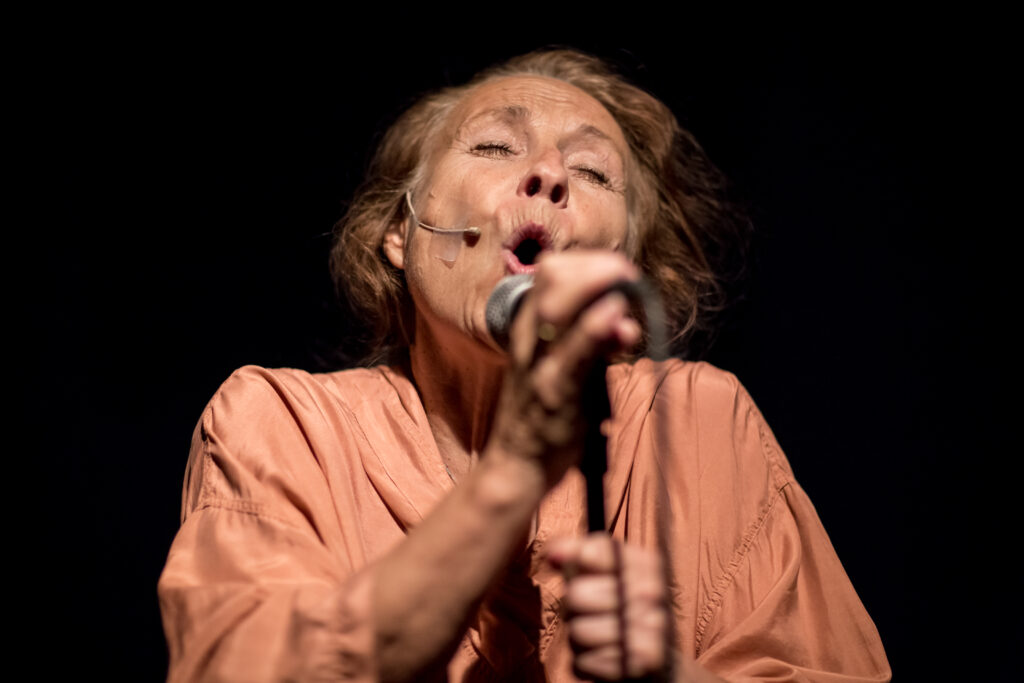
Tantehorse: Invisible I./Hannah The performance takes place in HaDivadlo, Alfa arcade, Poštovská 8d Wednesday 27. November at 7.30 p.m. An autobiographical performance about the extraordinary actress and singer Hana Frejková as an archaeology of her personal past Between slightly dusty stand-up and quiet metaphorical images, the story of the search for one's own place in the world is told, the story of the undying energy of a woman who involuntarily became the heroine of an ancient tragedy, but still did not give up. About a woman who is resolving her relationship with her mother, striving for her career, trying to have a cohesive family where parents and children function, and last but not least, she is eager to make a name for herself in the last period of her life! In a dialogue with dancer Markéta Jandová, sound designer Martin Tvrdý and director Miřenka Čechová, Hana Frejková delves into memories of her childhood, of involuntary exclusivity, and comments with wit on the position of an ageing woman - an artist for whom theatre brings one of the most important meanings of life. Hana Frejková was born in London, where her parents emigrated just before the beginning of World War II. Her father, Ludvík Frejka, an economist (original name Ludwig Freund), came from an assimilated Jewish family in Liberec. His mother, Elisabeth Frejka, an actress (née Elisabeth Henke-Warnholtz), came from a wealthy merchant family in Hamburg. In 1952, Ludvík Frejka was sentenced to death and executed in a mock trial with Rudolf Slánský. Hana and her mother had to leave Prague and were moved to the borderlands. In 2007, Hana Frejková published an autobiographical book, Divný kořeny, in which she openly talks about her own youth and acting beginnings, including her experiences with drugs and alcohol. She tells about the extraordinary fate of her parents in the turbulent post-war era. Tickets (320,-/220,-) available at HaDivadlo. photo: Vojtěch Brtnický
